The leading candidate to be the UK’s next prime minister, Liz Truss, has called Scotland’s first minister, Nicola Sturgeon, an “attention-seeker”.
This is a term we have all heard before, which is why Liz Truss uses it. To call someone an attention-seeker is to draw on a set of associations we have with that word. Truss is likely hoping it brings to mind people who we have thought are some blend of narcissistic and loud in the past.
But the idea that a small, troublesome minority of people are particular seekers of attention overlooks the fact that the majority of us, in different ways and forms, seek attention. For example, I seek attention from a friend when I send a text, or from a cashier when I walk up to the till in a shop.
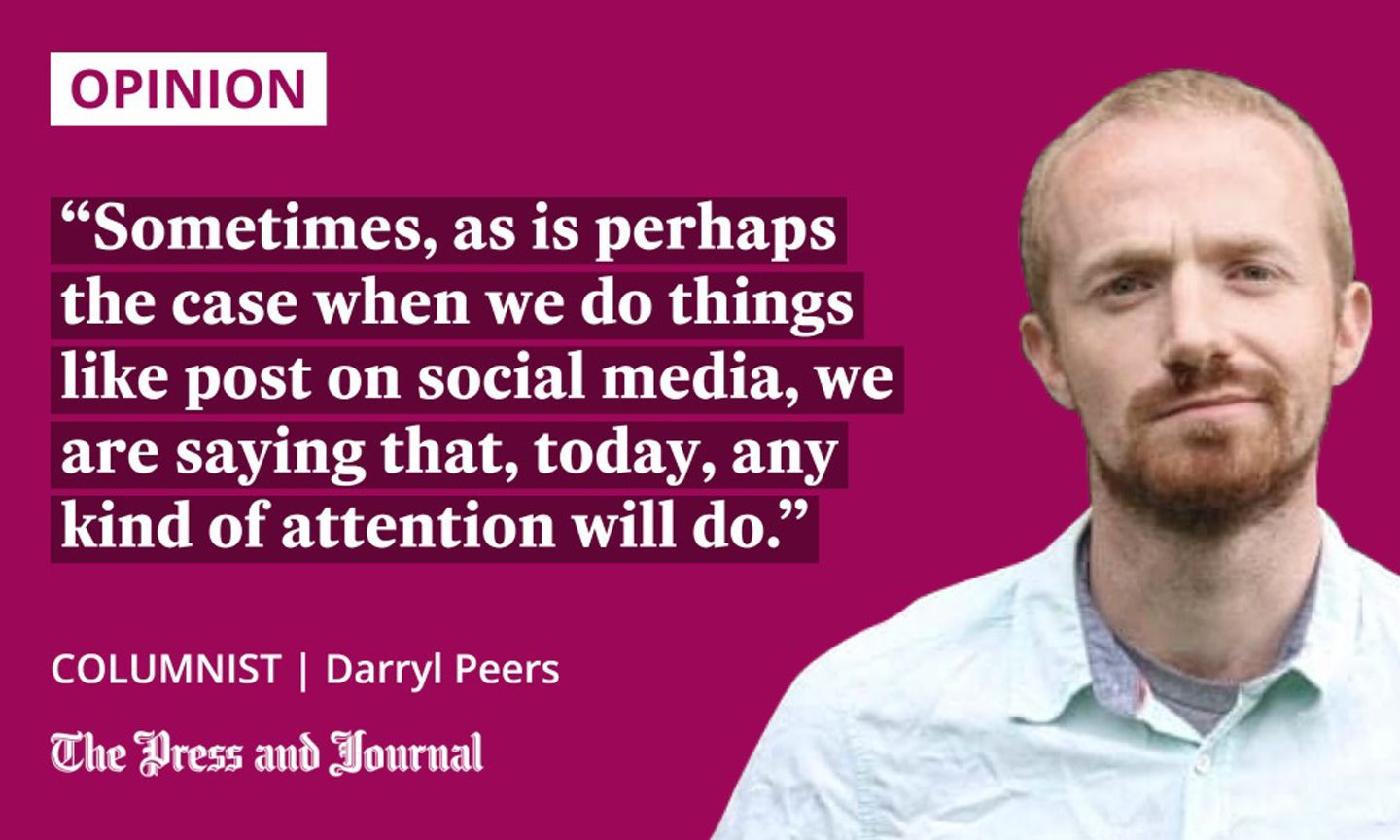
Some kinds of attention matter more than others. Sometimes the attention of a partner, or the lack thereof, is important; sometimes it is family, an animal, a friend, or a stranger. Sometimes, as is perhaps the case when we do things like post on social media, we are saying that, today, any kind of attention will do.
Sometimes, the fact that we crave attention is a way in which we hate ourselves. Sometimes we are blind to that hatred and we turn it out to the world in the way that we give attention to others. We are not always kind, even if we think we are being so, even when it is in fact our intention to express love.
Confronting the many versions of ourselves
Though a queer man, I have presented an approximation of normative masculinity to the world. I have loved and hoped for the love of straight and gay men in ways that have hurt myself and risked the hurt of others.
To men who have told me they are straight, I have offered shelter from the sometimes harshness of male-to-male friendships. Importantly, I have still been a man, but just a different kind of man.
They have told me I am the person with whom they are most themselves, when their friends, families and girlfriends do not understand them. When I have asked whether this could be because they love me, I have most often made them angry and lost their friendship.
To men who have told me they are gay, I have shown a kind of masculinity not too far removed from straightness. I have done so because I know that this is widely seen as the most attractive way to be gay.
I have styled myself to have maximum appeal as a sexual object and then, when I have been treated as such by men purporting to like or love me, I have been offended, surprised, horrified. I have wondered why they will not see me as a person.
We seek attention in ways we know we shouldn’t
But, this has not been inevitable. I have sought and pursued intimate dynamics with men who have hurt me in ways that I could have foreseen but, hoping to feel something other than hollow, I have forged ahead, nonetheless. Troublingly, in pursuing the attention of these men, I have participated in and implicitly endorsed social structures which reproduce misogyny.
Even after the experiences I have had, today my body desires in a way that leads me to seek attention with urgency
I have loved straight men by hoping that they are not, in fact, straight. I have loved queer men while idolising a homophobic definition of what it means to be a man. These are not kind ways to love.
What is perhaps most troubling to me is that, even after the experiences I have had, today my body desires in a way that leads me to seek attention with urgency. I career into the world at the behest of intense drives over which I do not have control and, much as I am always able to eschew or restrain them, to do so is a different kind of pain.
Everyone is an attention-seeker
That being said, I give and receive attention in ways that affirm why it is something for which my body so frequently yearns. If I have the capacity to crave attention in ways that I cannot control, I am also capable of giving attention in ways that transform both me and those around me in ways that I cannot anticipate. In ways that lead us toward truer versions of ourselves.
To call someone an attention-seeker is to state the obvious. However, when it is used to discredit someone, it is frequently underscored by sexism, racism, homophobia or transphobia. That is, “attention-seekers” are disproportionately people who are rendered hyper-visible in social environments, because the way they exist in the world is perceived to be at odds with the ordinary.
All of which is to say that whether or not Nicola Sturgeon is an attention-seeker has nothing to do with the case she makes for Scottish independence.
Darryl Peers is a writer from the north-east of Scotland
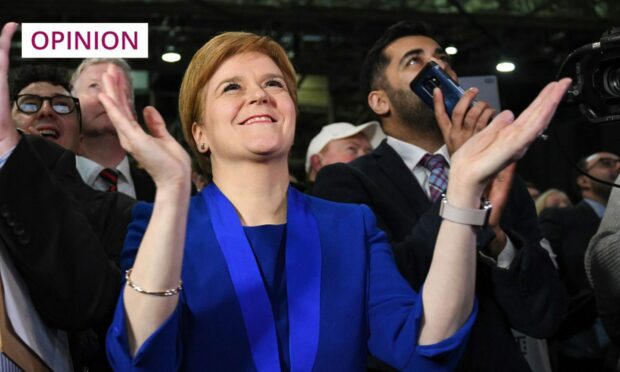

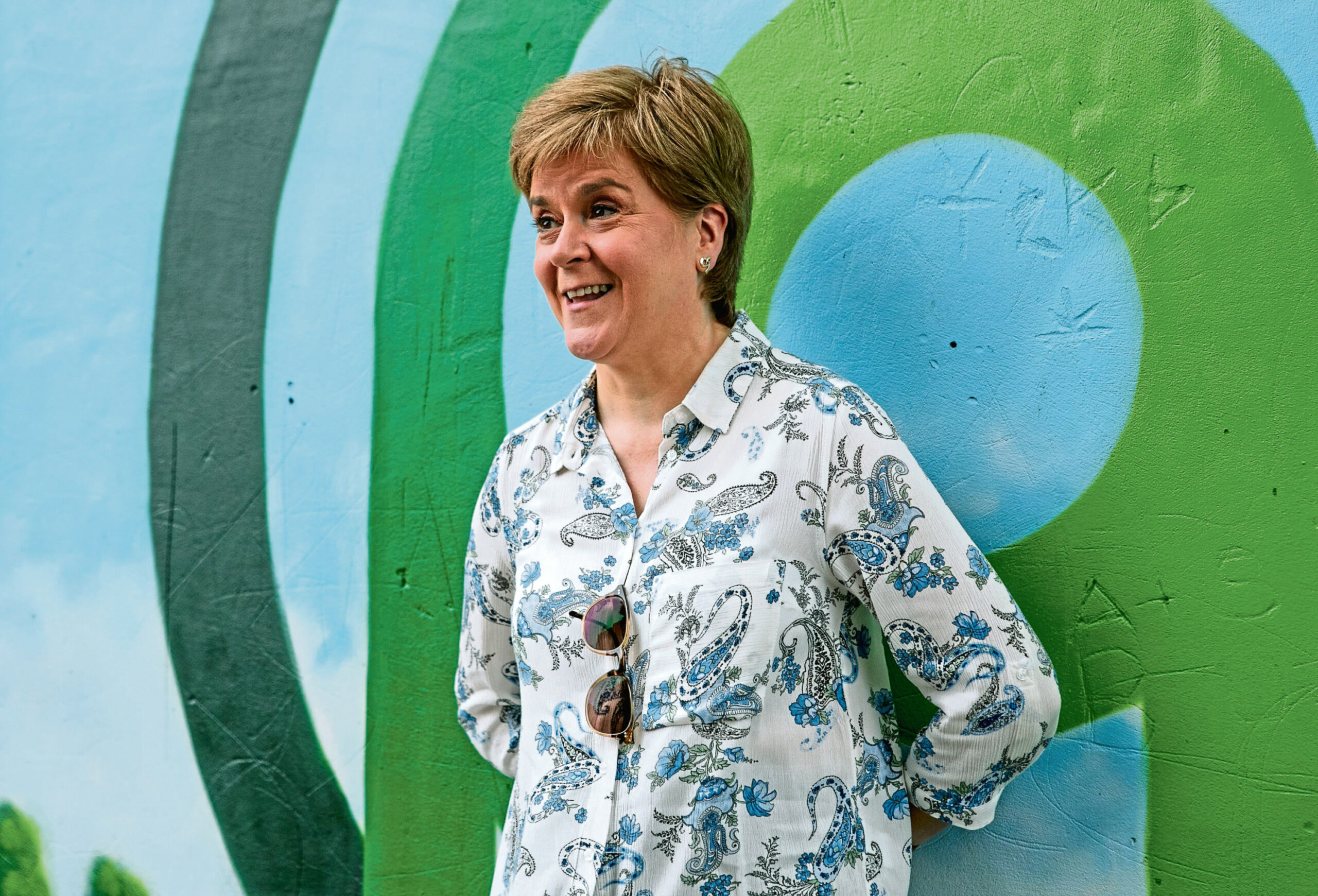

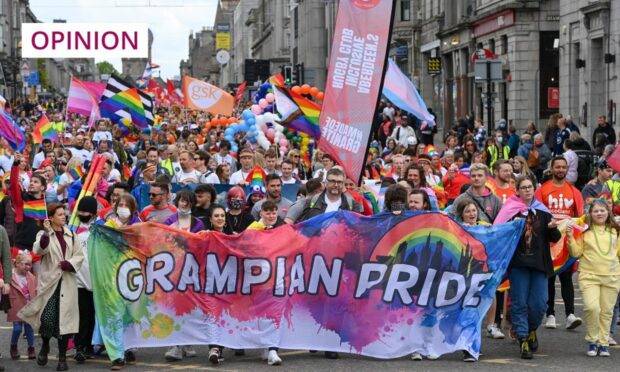
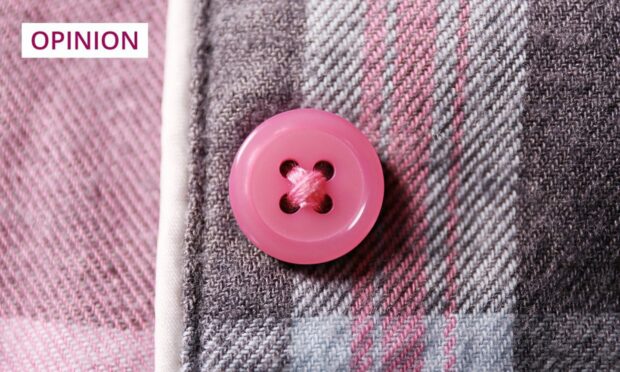
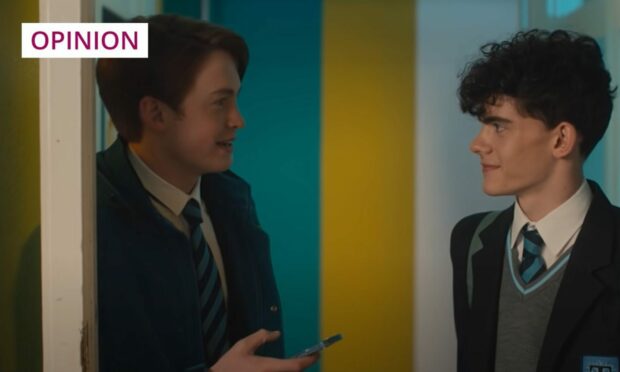
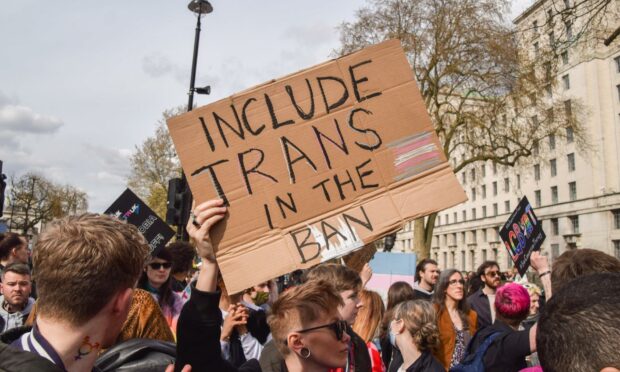










Conversation